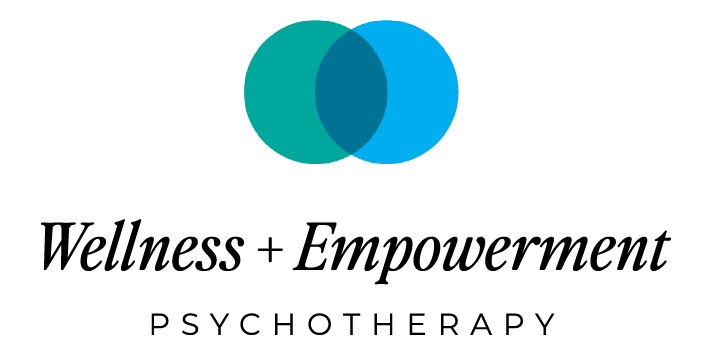In today’s fast-paced world, maintaining a healthy, loving relationship can be a challenge. Couples often face numerous obstacles, from communication breakdowns and differing expectations to financial stress and life transitions. Couple’s therapy offers a constructive avenue for partners looking to navigate these challenges, enhance their connection, and build a more fulfilling relationship.
What is Couple’s Therapy?
Couple’s therapy, also known as marriage or relationship therapy, is a form of counseling designed to help partners resolve conflicts, improve communication, and deepen their emotional bond. Typically facilitated by a trained therapist, these sessions provide a safe space for couples to explore their feelings and experiences while gaining insight into their relationship dynamics.
Common Reasons Couples Seek Therapy
1. Communication Issues: Misunderstandings and unproductive discussions can create tension. Therapy helps partners learn effective communication strategies.
2. Conflict Resolution: Couples often struggle to resolve disagreements. A therapist can guide them in finding constructive ways to address conflicts.
3. Intimacy Problems: Changes in sexual intimacy or emotional closeness can cause distress. Therapy can help partners reconnect and rebuild their intimate bond.
4. Life Transitions: Major life changes—like having a child, relocating, or dealing with loss—can impact relationships. Therapy offers support during these transitions.
5. Infidelity: Trust issues stemming from infidelity can be deeply damaging. A therapist can help couples process their emotions and explore pathways toward healing.
6. Personal Stressors: Individual stress from jobs, health, or family can impact relationships. Therapy can help couples navigate these stressors collectively.
The Therapeutic Process
Couple’s therapy typically involves several key stages:
1. Assessment: The therapist will gather information about the couple’s history and current issues. This is often done through discussions and questionnaires.
2. Setting Goals: The couple and therapist will collaboratively establish goals for therapy, helping to define what they want to achieve.
3. Exploring Dynamics: The therapist will facilitate discussions to help couples understand and address their relationship dynamics, including patterns of communication and behavior.
4. Skill Building: Couples learn practical skills for improving communication, resolving conflicts, and enhancing intimacy.
5. Implementation and Maintenance: As couples make progress, the therapist will help them implement strategies for maintaining their improvements outside of therapy.
6. Closure: Once goals have been met and the couple feels equipped to handle future challenges, therapy can be concluded, although follow-up sessions may be recommended as needed.
Types of Couple’s Therapy Approaches
Several therapeutic approaches can be utilized in couple’s therapy:
1. Cognitive Behavioral Therapy (CBT): Focuses on changing negative thought patterns and behaviors that impact the relationship.
2. Emotionally Focused Therapy (EFT): Aims to create secure emotional bonds between partners by addressing fears and emotions.
3. Gottman Method: Based on extensive research, this method emphasizes enhancing friendship and intimacy while managing conflicts.
4. Imago Therapy: This approach helps couples understand their unconscious childhood influences on their relationship dynamics.
The Benefits of Couple’s Therapy
1. Improved Communication: Couples can learn how to express their needs and feelings openly and constructively.
2. Enhanced Understanding: Therapy promotes empathy and understanding between partners, helping them appreciate each other’s perspectives.
3. Stronger Emotional Connection: Engaging in therapy can help rekindle intimacy and emotional closeness.
4. Effective Conflict Resolution: Couples can acquire tools to navigate and resolve disagreements more effectively.
5. Greater Relationship Satisfaction: By addressing issues and fostering growth, many couples report increased satisfaction in their relationships.
Conclusion
Couple’s therapy can be a transformative experience for partners seeking to improve their relationship. By fostering open communication, understanding, and emotional intimacy, couples can navigate challenges and build a stronger, more resilient bond. If you’re facing difficulties in your relationship, consider reaching out to a qualified therapist who can guide you through the process. Remember, taking the first step towards seeking help is a courageous move toward a healthier, more fulfilling partnership.
